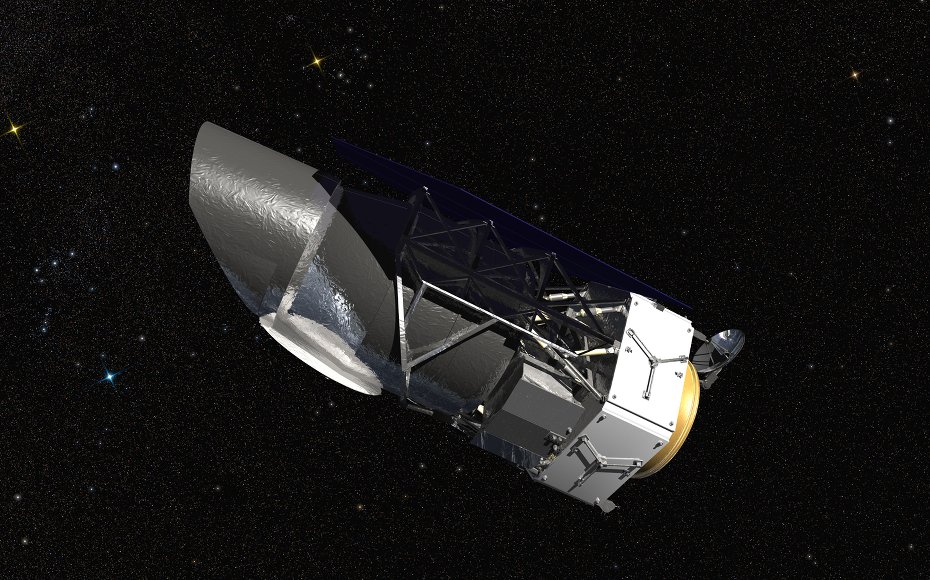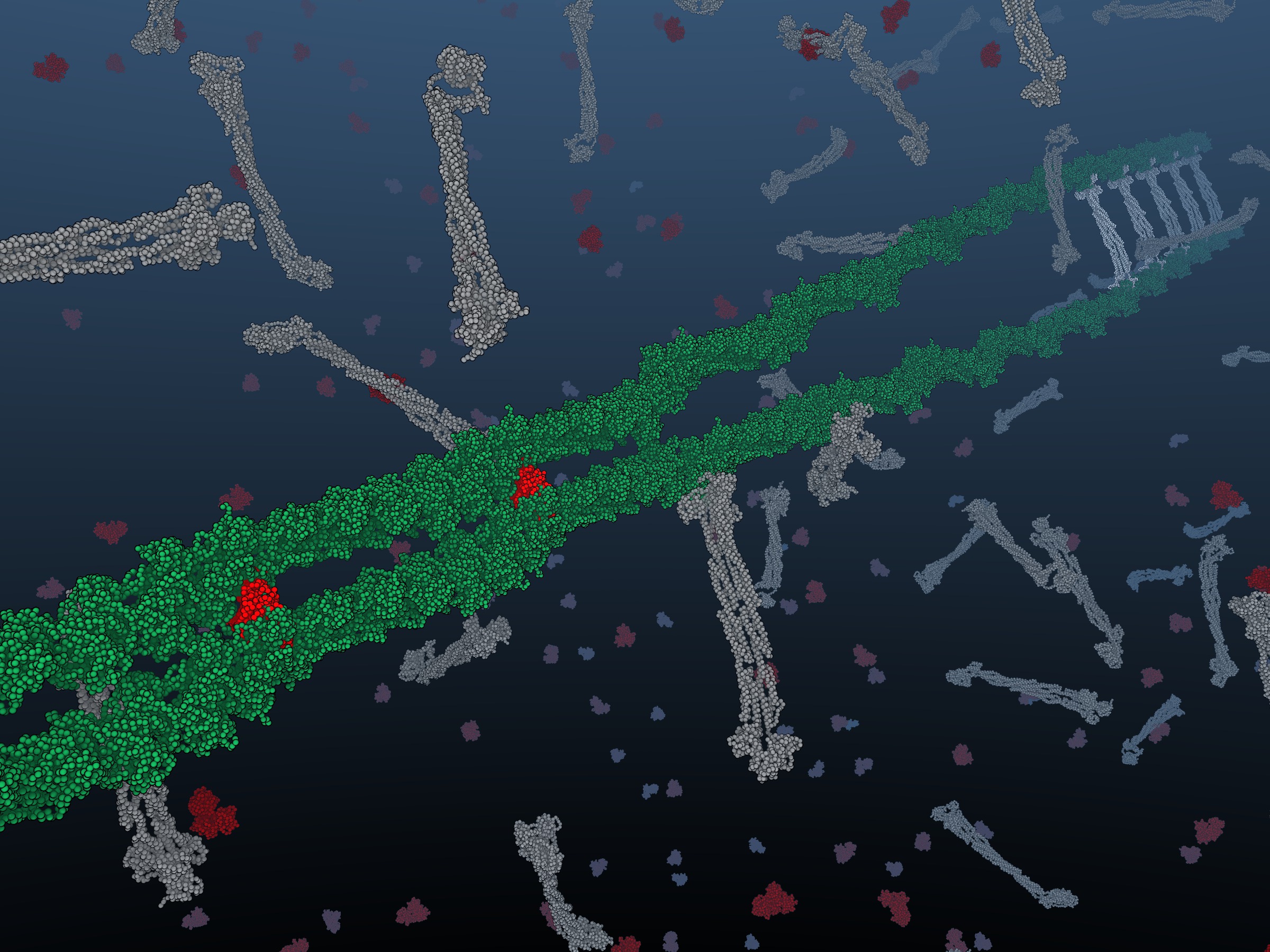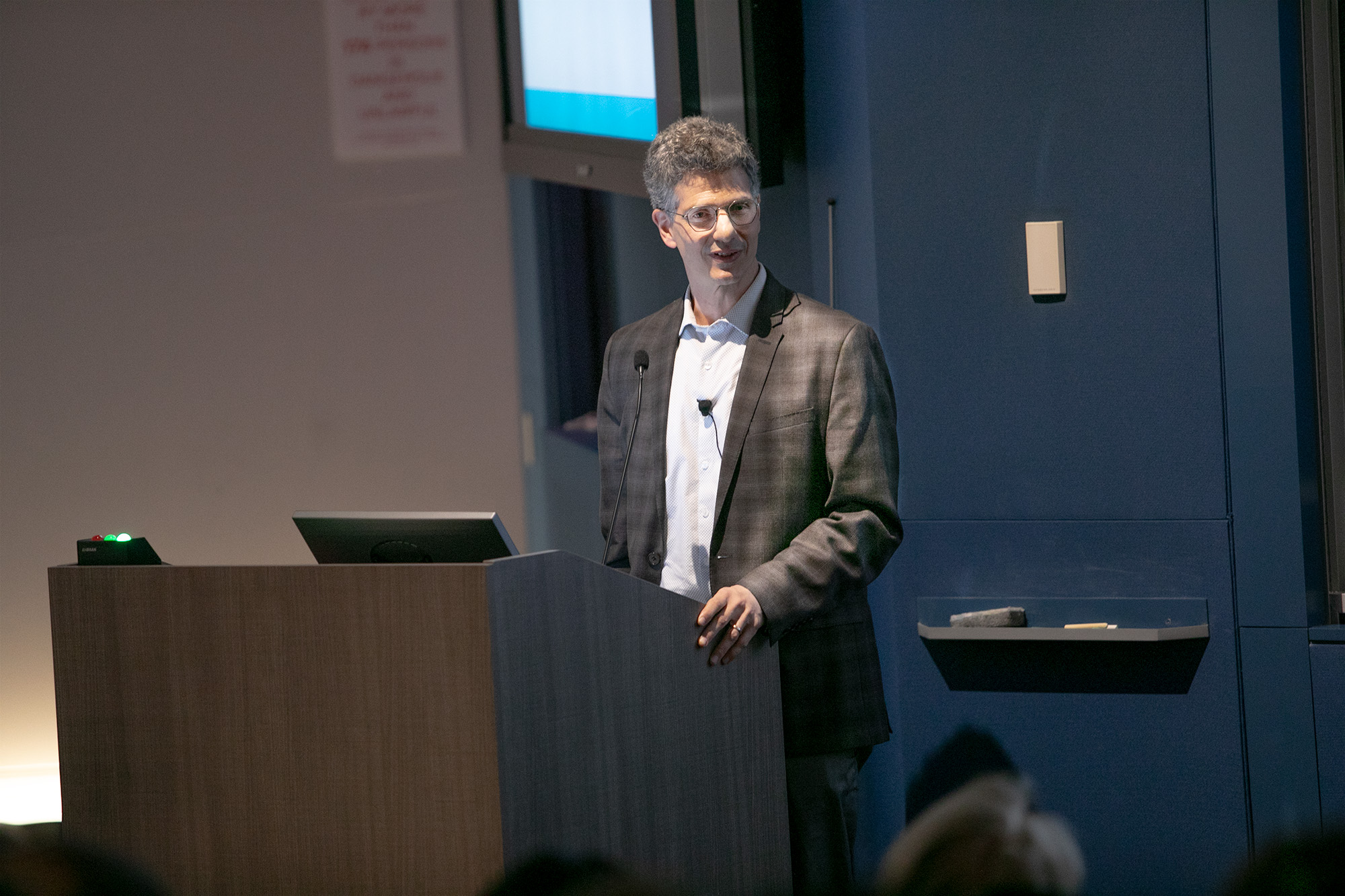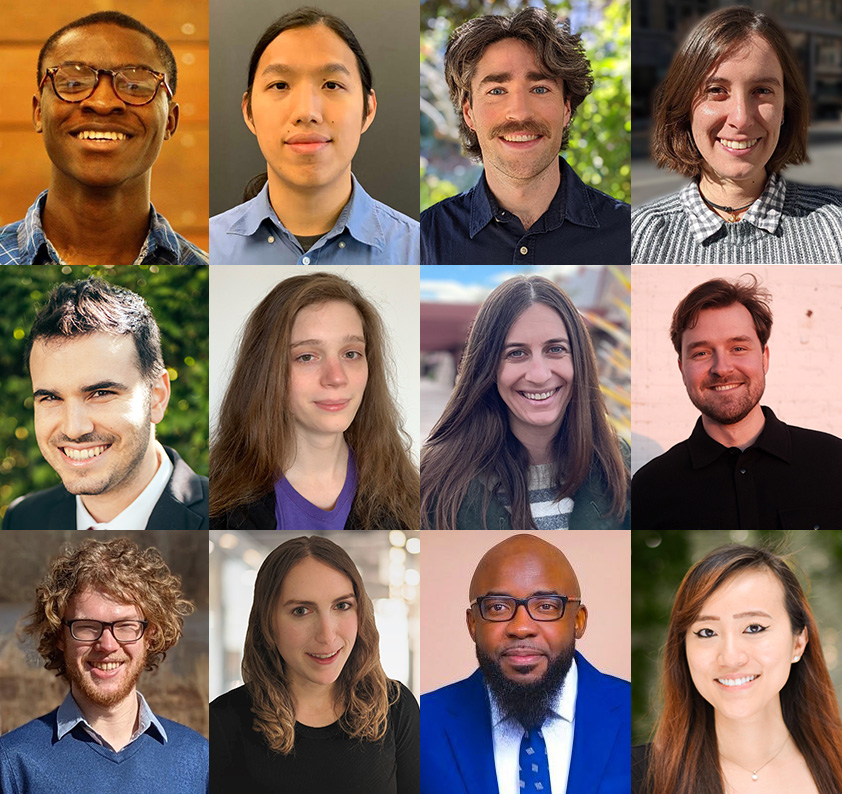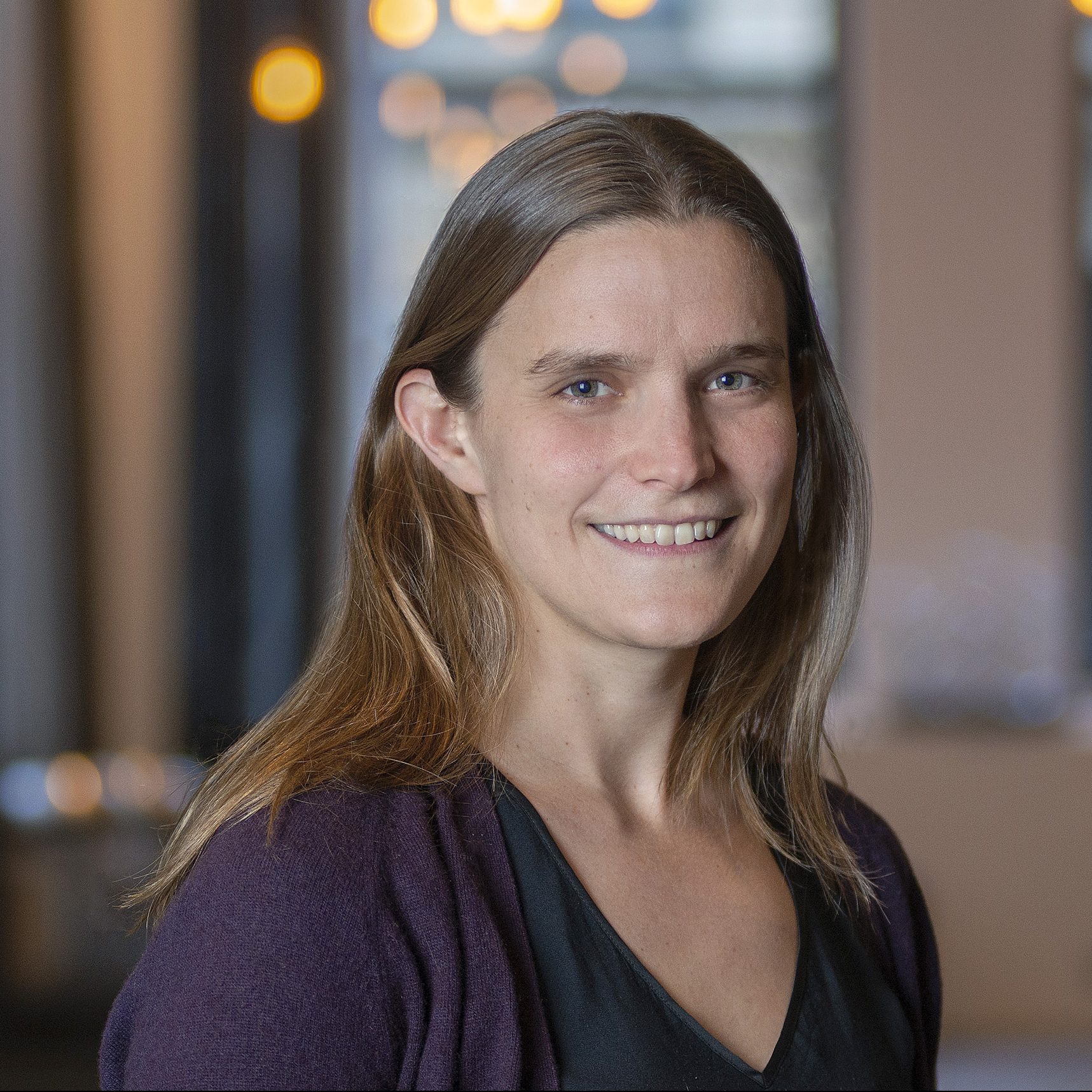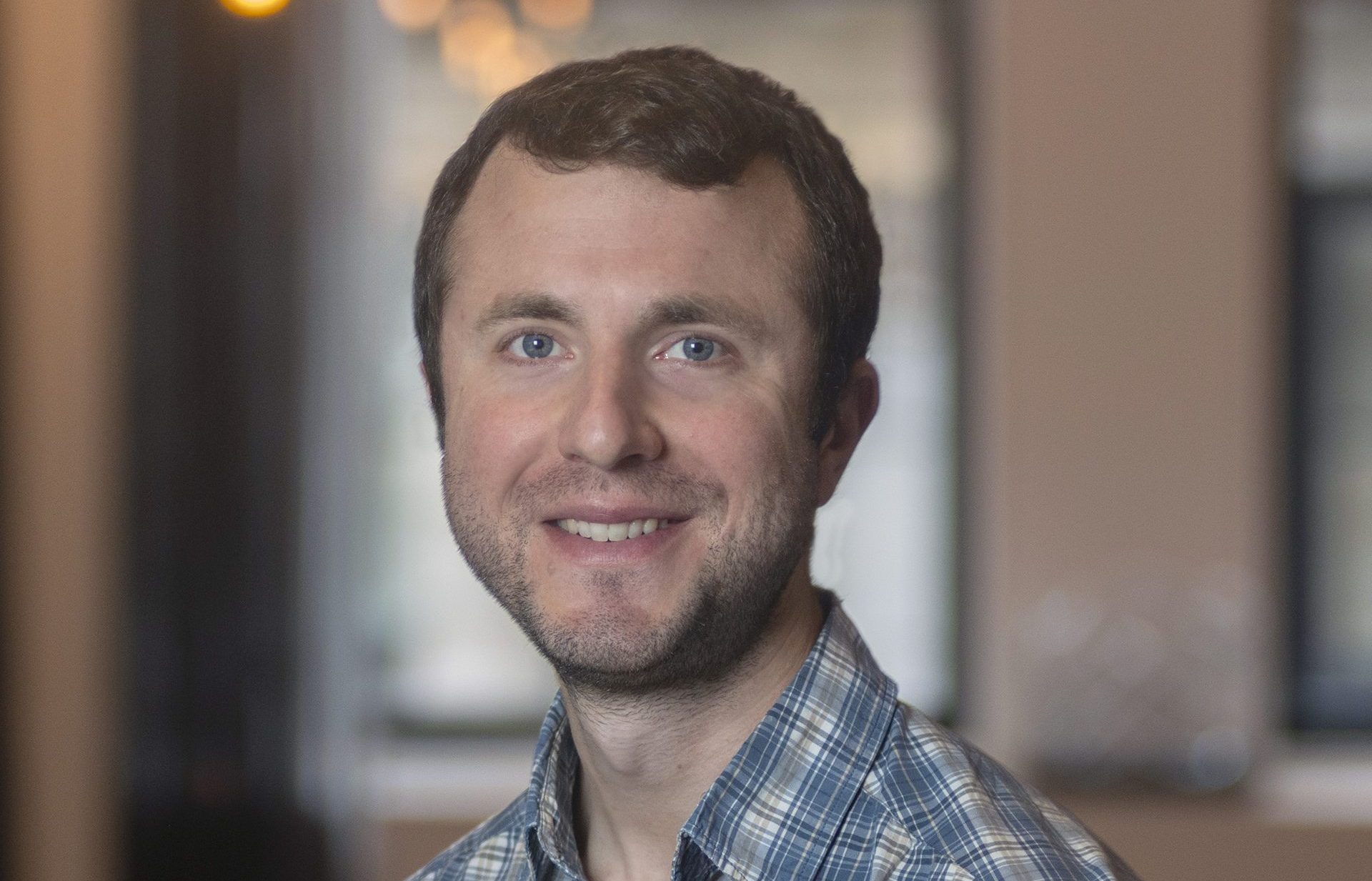
American Academy of Arts and Sciences Elects 11 Simons Research Grantees
Simons Foundation, May 2022Eleven Simons Foundation grantees and one board member are among the latest cohort of prominent artists, scholars, scientists and leaders elected as fellows of the American Academy of Arts and Sciences. The academy is one of the oldest and most prestigious learned societies in the United States. It convenes leaders from across disciplines to address critical challenges facing society. In 2022, the academy inducted 261 new members.

